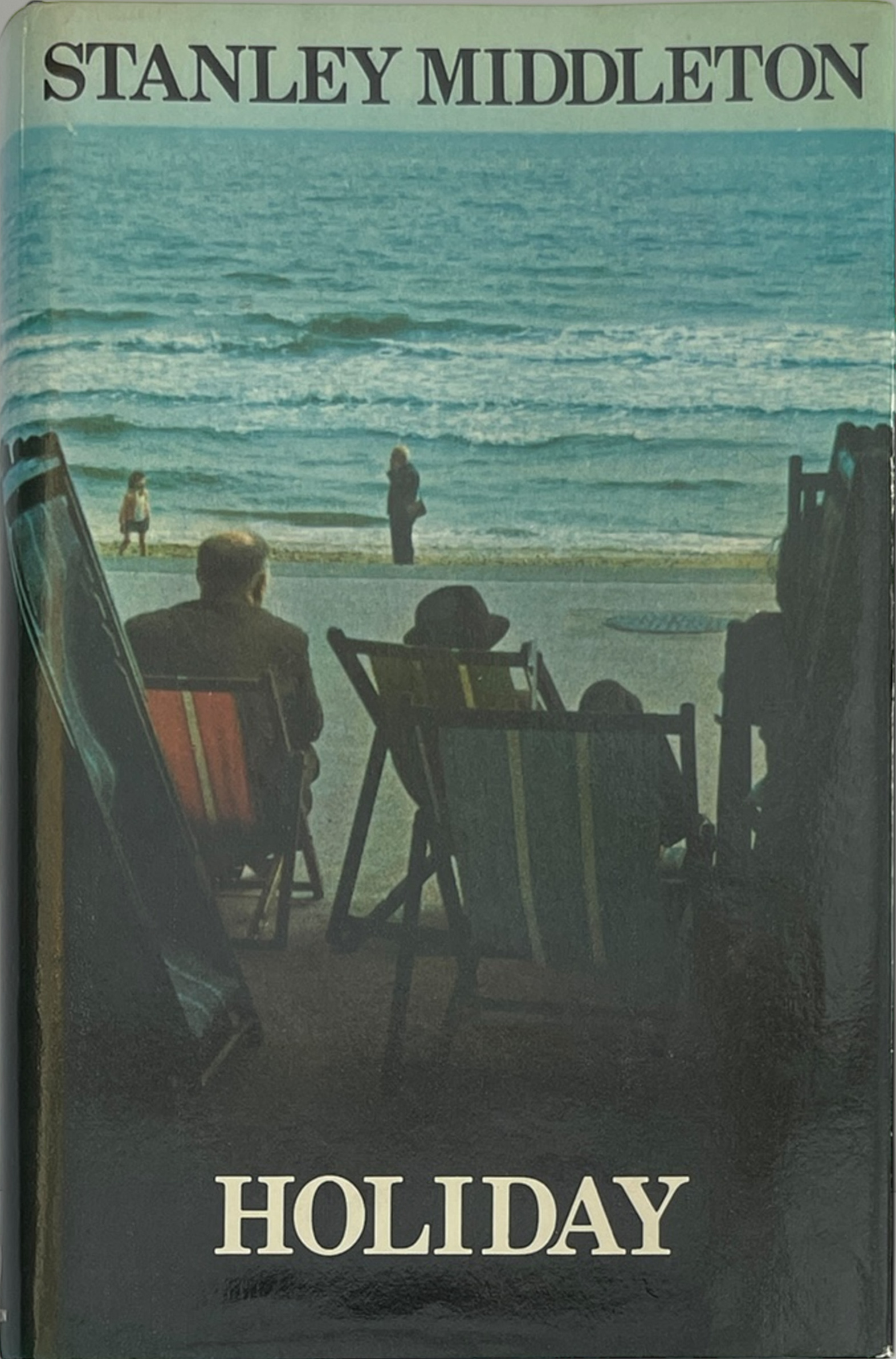Hardcover, 240 pages
English language
Published June 1974 by Hutchinson.

Hardcover, 240 pages
English language
Published June 1974 by Hutchinson.
Edwin Fisher's holiday is a week in a boarding house in an East coast resort. Why has this successful University lecturer returned to the rather dreary seaside town where he used to come with his father as a boy — the tradesman father with the predictable jokes whom he grew to despise? It seems a capricious decision even to Edwin who, some weeks earlier, had left his wife, Meg.
By coincidence or design, Meg's parents are also staying at the resort. They are in the de luxe hotel, and Meg's father tries to bring the couple together again, using not only his paternal role, but also that of a solicitor experienced in matrimonial tantrums. But neither Meg's father, nor her husband (nor Meg herself, for that matter) can account for the break-up of the marriage, though Meg's uncertain temperament and the death of their only child, a son, seem contributory …
Edwin Fisher's holiday is a week in a boarding house in an East coast resort. Why has this successful University lecturer returned to the rather dreary seaside town where he used to come with his father as a boy — the tradesman father with the predictable jokes whom he grew to despise? It seems a capricious decision even to Edwin who, some weeks earlier, had left his wife, Meg.
By coincidence or design, Meg's parents are also staying at the resort. They are in the de luxe hotel, and Meg's father tries to bring the couple together again, using not only his paternal role, but also that of a solicitor experienced in matrimonial tantrums. But neither Meg's father, nor her husband (nor Meg herself, for that matter) can account for the break-up of the marriage, though Meg's uncertain temperament and the death of their only child, a son, seem contributory causes.
Edwin wanders about the town, making chance encounters with beautifully observed, meticulously depicted holiday makers, remembering scenes from his courtship and married life, havering, waiting. Meg herself remains invisible, uncommunicative. It is a measure of Stanley Middleton's skill that, by the end of the book, when some kind of doubtful resolution is reached, the reader knows Meg as well as her husband knows her. The incidents are chosen to paint a solid picture of a place, of people, of a marriage, above all of a mood that is never defined but is all-pervasive. It is an extremely subtle story, told with all Stanley Middleton's artistry and depth of feeling.